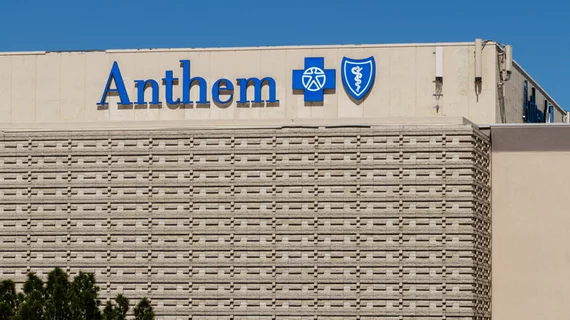Insurer Anthem caves to radiologist pressure, lifting ‘profoundly negative’ imaging restriction
Health insurer Anthem has heeded the calls of radiologists to lift new imaging restrictions providers were concerned would have a “profoundly negative” impact on the specialty.
The American College of Radiology and Society for Pediatric Radiology first sounded the alarm in April. Their “significant concerns” stemmed from the Indianapolis-based insurer directing children ages 10 and older away from hospital-based imaging departments toward cheaper outpatient options.
Both groups believe this patient population is best served by the pediatric experts employed at hospitals, and Anthem has now lifted the restriction.
“The updated policy will have a positive impact on the quality and safety of pediatric care for children and adolescents undergoing advanced outpatient imaging studies,” ACR said in an announcement posted Thursday.
Anthem cited several reasons for the change: Children can sometimes require specialized equipment that may not be available outside of a hospital. They also need sedation with greater frequency and are more radiosensitive than those age 20 or older.
“Using equipment and exposure settings designed for adults may result in excessive exposure to radiation for children,” the revised policy stated. “Care must be taken to minimize radiation exposure and to ensure safety and appropriate selection and performance of advanced radiology procedures.”
ACR said the decision came after “thoughtful” radiologist-led discussions with the payer earlier this month. Anthem’s new guidelines went into effect on Aug. 19.

